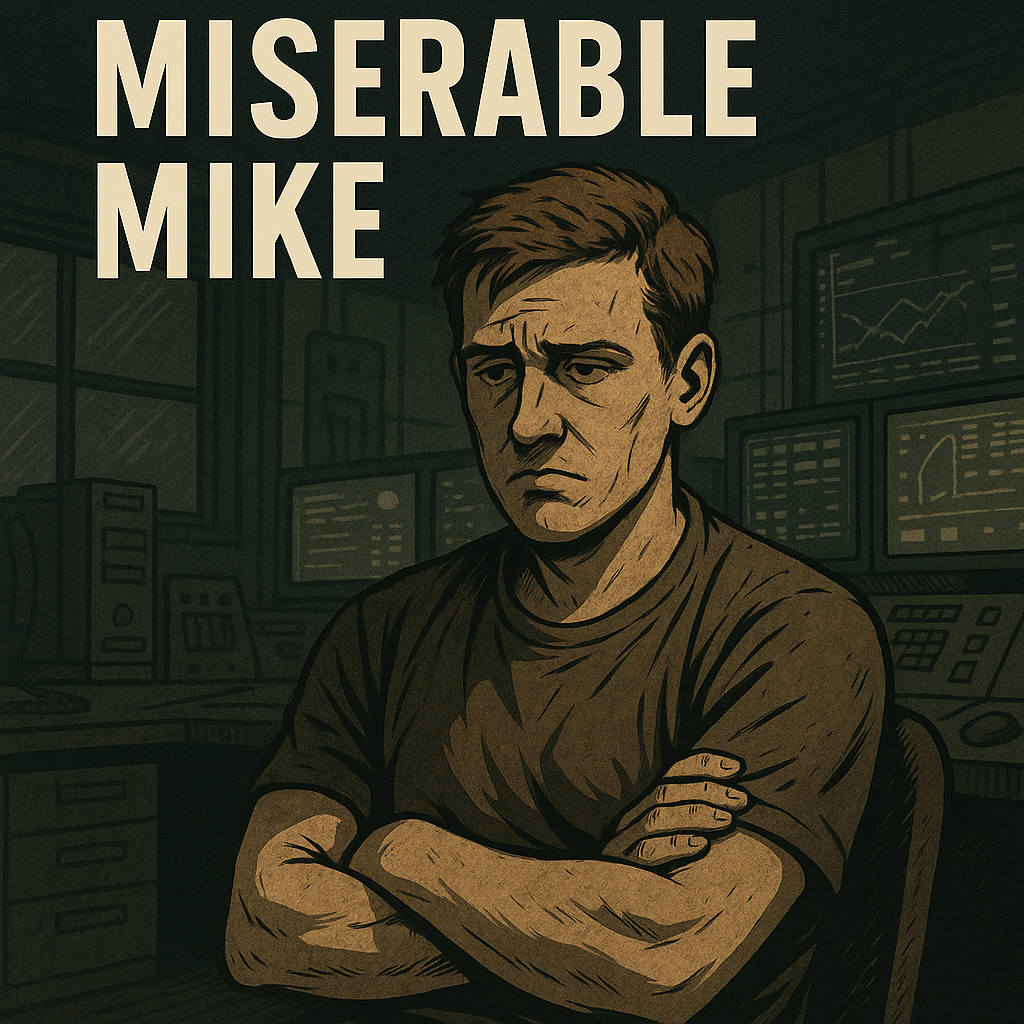
It was one of those shifts that started too quietly. The kind of quiet that hums under your skin. Nothing major running hot, no alarms, just the low drone of pumps and blowers you stop hearing after a while.
I was doing my rounds, clipboard in hand, going through a checklist I could almost recite in my sleep. It’s a funny thing—when you do the same steps a thousand times, your body moves faster than your brain. That’s when you start cutting corners, without even realizing it.
That night, I caught it.
One of the senior guys—been here longer than I’ve been alive—skipped a step in the lineup. Not a big one, not dangerous if everything goes right. But still, it wasn’t right. I hesitated, half expecting him to double back. He didn’t. Just scribbled the log, like he’d done it a hundred times.
I opened my mouth to say something. Then I looked around.
Nobody else blinked. Another operator cracked a joke about the coffee being out. Our lead glanced at the board and then at his phone. Everyone just kept moving, like what I saw didn’t matter.
That’s when I felt it—the knot in my gut tightening. The thought: if no one else cares, what’s the point?
It wasn’t fear of the shortcut itself—it was fear of what it meant. Fear that I’d become part of a place where this was normal. Fear that if I spoke up, I’d be branded one of those guys—the overachievers, the “safety cops,” the ones who don’t fit in.
So, I stayed quiet.
And that silence sat heavy like a weight pressing down on my chest through the rest of the shift. Every time I saw that clipboard, it mocked me.
When the night finally ended, I didn’t even feel relief—just emptiness.
At the end of the shift, I was heading out when the shift supervisor caught me. He’s an older guy, been here long enough to see it all, but still walks like a man who cares. He looked at me for a second too long, like he could read the guilt on my face.
He said, “You’ve got that look, Mike. The one that says something didn’t sit right tonight.”
I didn’t answer. Just shrugged.
He nodded slowly. “I’ve seen that look before.”
We walked in silence for a bit. Then he told me a story.
“You remind me of a guy I worked with years ago. His name was Ray. He was a sharp, strong operator who cared about doing things right. One night, he caught a shortcut. Just a small step skipped, nothing dramatic. He thought about calling it out, but when he looked around, nobody else cared. Even the boss pretended not to notice. So Ray stayed quiet.
“The problem was, once you stay quiet the first time, it gets easier the second time. And the third. Before long, Ray wasn’t the guy who cared anymore. He was just another set of eyes looking the other way.
“A few months later, another shortcut went wrong. The equipment was torn up, and someone almost got hurt. Ray told me later he hated himself for not speaking up. Said the silence was worse than the mistake.
“He left the site not long after. Said the money wasn’t worth feeling like a coward every time he walked out the gate.
“Don’t be Ray, Mike. The silence changes you. And once it does, you don’t get yourself back.”
I didn’t know what to say. We stood there for a moment under the floodlights. I could hear the hiss of steam from a nearby vent, the faint echo of laughter from the parking lot.
He didn’t say another word. He just nodded once and walked away.
That story followed me home. It was still with me when I carried my lunchbox inside, when my wife asked how my shift went, and when I kissed my baby goodnight.
I kept replaying it—Ray seeing the shortcut, staying silent, and how easy that silence became. I thought about how quiet I’d been tonight. How natural it felt to look the other way once everyone else did.
That’s the part nobody talks about in this industry—the way culture teaches you to go numb. You don’t wake up one day and stop caring. It happens drip by drip, until the man in the mirror isn’t who you thought he’d be.
I tell myself it’s just one night. One moment. But deep down, I know better.
The silence started tonight.
And if I don’t find a way to stop it, I’ll end up just like Ray—another ghost in a place full of men who traded their voices for a paycheck.
I don’t know if I’ll speak up next time.
I don’t even know if there will be a next time.
But I know this:
Every shortcut starts with a silence.
And every silence has a cost.
If you’re reading this and wondering if I work at your site, you might already know the answer because the silence doesn’t just belong to me. It belongs to all of us.